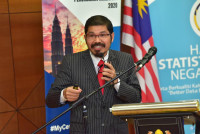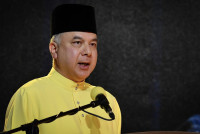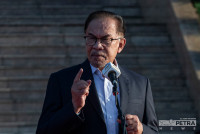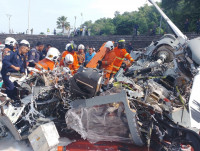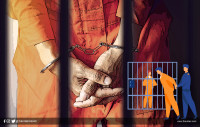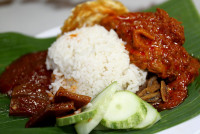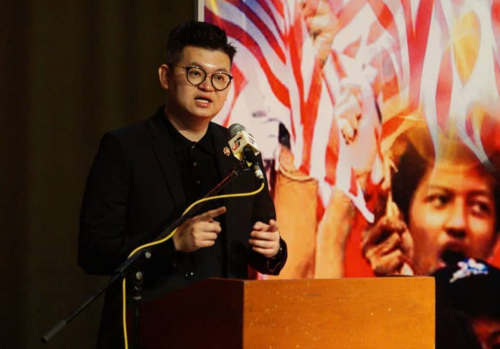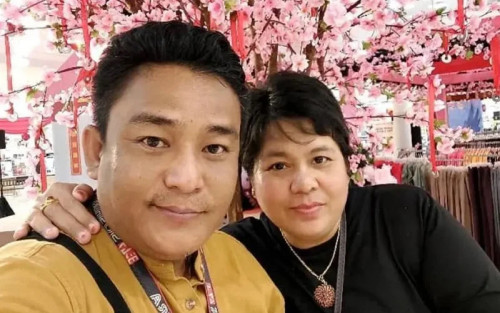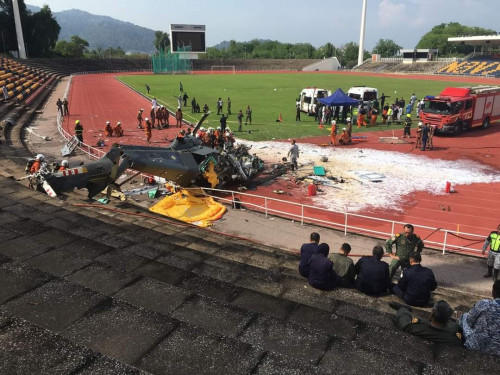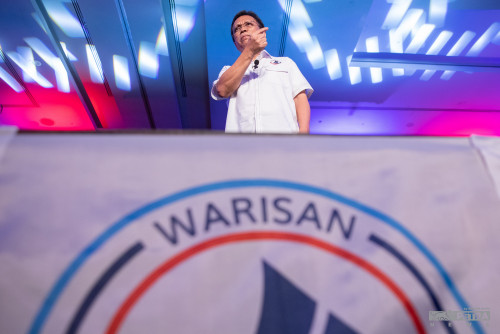POVERTY is colourblind and it affects everyone regardless of race or background.
“On this, the issue with regards to women takes precedence because data shows that women are the majority being affected financially and mentally.
“Those who are in the B40 category face added challenges no thanks to the current pandemic, which makes their economic position in the country worse,” says Wiki Impact co-founder Terence Ooi.
In a recent interview with The Vibes, Ooi explained the situation on the ground through further information gained for the platform’s inaugural social impact initiative, The Poverty Project.
Sharing some key insights on areas that feed poverty in Malaysia, he notes, “Period poverty is also another key issue that we aim to highlight.
“It is a concern that needs to be tackled because there are girls/women who are unable to further studies or work because they do not have money to buy necessary products when their menstrual cycle comes.
Apart from the gender-specific issues, the undocumented (stateless) communities are among those who are also gravely stricken by poverty.
“They do not even know what hunger feels like, they just starve. Emphasising this, frontliners have also commented that these vulnerable few bear the brunt of health issues in Malaysia the most,” Ooi said over a phone call.
“We see countless discussions being relayed about them – some fighting about, for and against the community. In many ways, they are being victimised.
“I may not be the right person to tell how we can move forward with solid strategies yet, but there has just got to be some effort managing the problem,” he stresses.
Data behind the issues we care
The co-founder who is in his late 30s is no newbie to the social and community development arena.
Launched in August last year, Wiki Impact is a collaborative platform for citizen researchers and changemakers on social issues in Malaysia. Its establishment stems from Ooi and his fellow co-founders’ passion and personal experiences in volunteerism.
“Each of us has been involved in community development projects – myself specifically between seven to eight years’ worth.
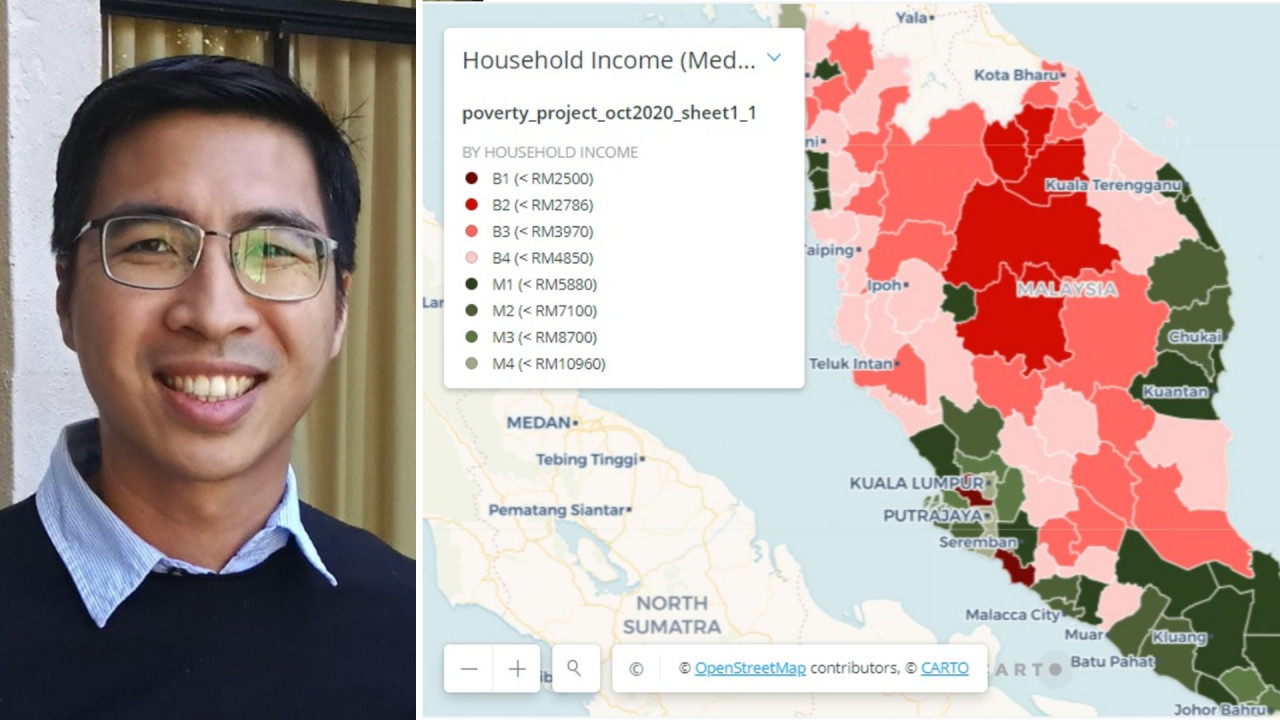
“In our efforts, we have always had to deal with the issue of garnering credible data where accurate information is not so easily sourced. This has led to a lot of setbacks and as a result, we do not get very far with our initiatives as much as we would like,” he says.
“Hence, we just decided to do something about it, collecting data and research to all things social. Simply, a platform for people to collaborate (the ‘wiki’ aspect) and provide data to drive further action in efforts of creating positive community impact.
“From what I see, data about education is there but what is missing is mostly; i) What is not done right? or ii) What can be improved? This is where Wiki Impact intends to do with the information available on the platform.”
According to Ooi, some of the gaps in the existing data (sourced publicly) that prompted the creation of the platform include the ease of identifying relevant information “because a lot of time, the presentation is full of text.
“Most people do not have enough time to scope through, which affects efficiency. The generation today especially only has seven to eight seconds of attention, so that is something to think about.
“We [co-founders] decided to take it upon ourselves to create awareness through presentations that are designed to be more reader-friendly. With infographics and sharper copies that get straight to the point, while resonating with today’s way of information digest that is predominantly done through social media,” he says.
“Of course, the important thing to note is that it [the information] needs to carry weight, and it's not just about aesthetics. The content should focus not only on problems but solutions as well. Ie. How far have we arrived when it comes to poverty reduction? Small wins must be highlighted to assess.
A team of seven active in-house members keep the platform running. This includes individual(s) that oversee the editorial materials as well, apart from operations/administration.
“That said, we [manpower] are very much volunteer-driven. Currently, there are about 27 of them in total to drive the platform. For example, helping to fact check our work, providing us with photos (media), translators and researchers on the ground to support the white papers that the in-house team churns out,” shares Ooi.
“Aside from that, academicians, universities and changemakers (NGOs) are among those helping to bulk up the data and information on Wiki Impact. Besides, our data do come from scoping government reports on relevant – ministry and agency – websites via login downloads,.”
Collaborative effort to fight poverty
Ooi leads the team, providing direction in terms of content planning, and what area of focus for social media share, “essentially anything with regards to strategising, I get involved.
“When we first mapped out our content ideas for the white papers on the platform, topics pertaining to poverty were in the spotlight. This is mostly because the team is very passionate about helping communities that are stricken by the issue.
“We are mindful of the current economic situation the country (and the world) is in right now (due to the pandemic). The team itself has committed to giving one full year (since late last year) of our efforts to focus on the topic, and how it affects those that are vulnerable even more,” says the co-founder.
“There is no better time to highlight poverty than right now, pushing the conversations to the surface. Additionally, we do plan our content based on International Days (and weeks), but the focus remains towards issues on economic struggles and displacement”.
On how users benefit from the information sourced via the platform, Ooi notes, “changemakers (aka NGOs) have used some of our data to drive or shape their strategies to be more informed.
“Just recently, we were made aware that an organisation (Sols 24/7) had utilised the information provided for an initiative they were working on. Questions were raised and we just pointed them in the appropriate direction, in hopes that it could secure their objectives better.
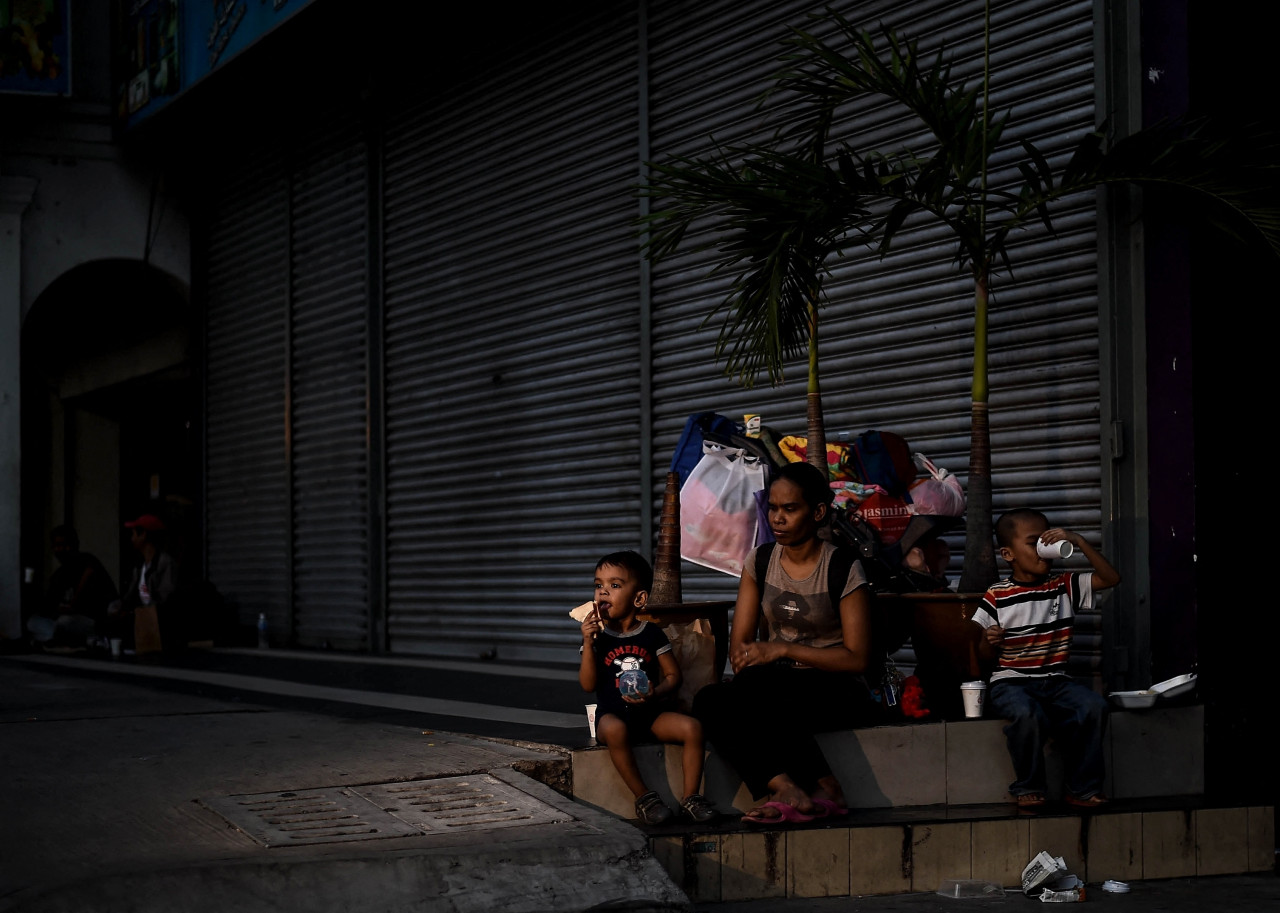
He shared in detail how the team gathers data for information mapping and some of the challenges in collecting it.
“Depending on the issue at hand, the challenges in collecting data, for the time being, are mostly due to the ground we can physically cover. It is mostly because of the restrictions in SOPs to accommodate the pandemic,” says Ooi.
“Our data or reports of a particular topic raised may not necessarily represent the situation nationwide, as it focuses on efforts done at the grassroots level within a particular state/territory. But, as the platform gains traction, it will eventually have a more helicopter view of things,” he adds.
For the poverty map, the Wiki Impact team rely on government reports, and they update the information on their platform based on the latest information. The last was in 2019.
“We still rely heavily on official information because how else would we know the median income of the nation across various zones – appropriate figures can only be provided by pejabat daerah (district office).
“Meanwhile, for the changemaker map, we manually key it in. It involves a lot of cross-checking to see availability and information accuracy. We started by going through the sectors, pinning the available changemakers one-by-one on the map.
“Right now, we have hit a plateau, with 180 pins, and are just digging up more information to add to the map through word of mouth or recommendations submitted by NGOs.
Why humanise social issues?
“I believe we [humans] are just attracted to stories that are relatable. For instance, if I tell you about the conditions of a stateless person not being able to pursue education and go to school, it would be more impactful in understanding the matter better via descriptive resonance than simple statistics.
Communicating complex social issues with Millennials and Gen Zs is one of the social objectives the team pushes for.
But why limit it to only this demographic?
Ooi says, “we generally want to reach the mass, but our social media is geared towards the Millennials and Gen Zs because they have a longer runway to impact change for the nation.
“It is evident that they are passionate and cause-driven, but the goal here is to move them into being data-driven, which as a result becomes a winning combo.
“We also want to highlight to them that it (charity/humanitarian aid) is a career worth pursuing that provides a certain kind of fulfilment with actionable social impact,” he added, explaining why Wiki Impact sees our youth as changemakers. – The Vibes, March 14, 2021



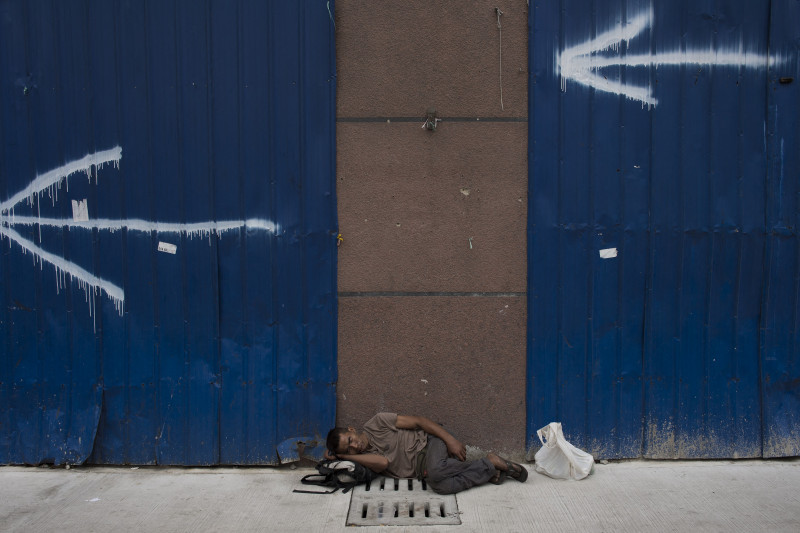

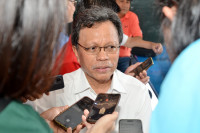
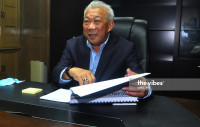
.jpeg)
